
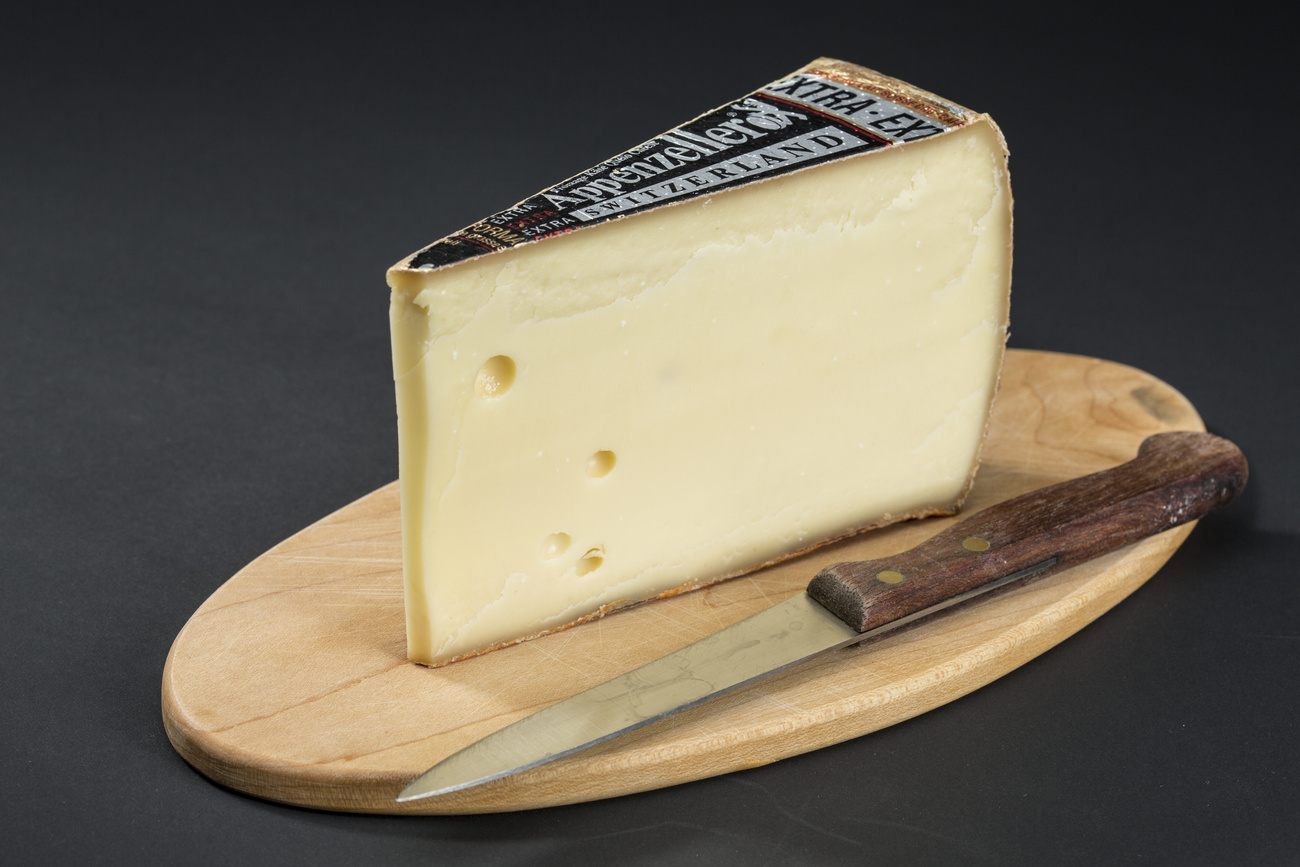
The week in Switzerland
Dear Swiss Abroad,
Do you enjoy Appenzeller cheese? The natural product with its secret recipe made headlines this week: over 200 farmers are having their cows’ milk tested amid suspicions of contamination by so-called PFAS “forever chemicals”.
Welcome to our selection of the most important - and most interesting - stories from Switzerland over the last seven days.
Enjoy the read!
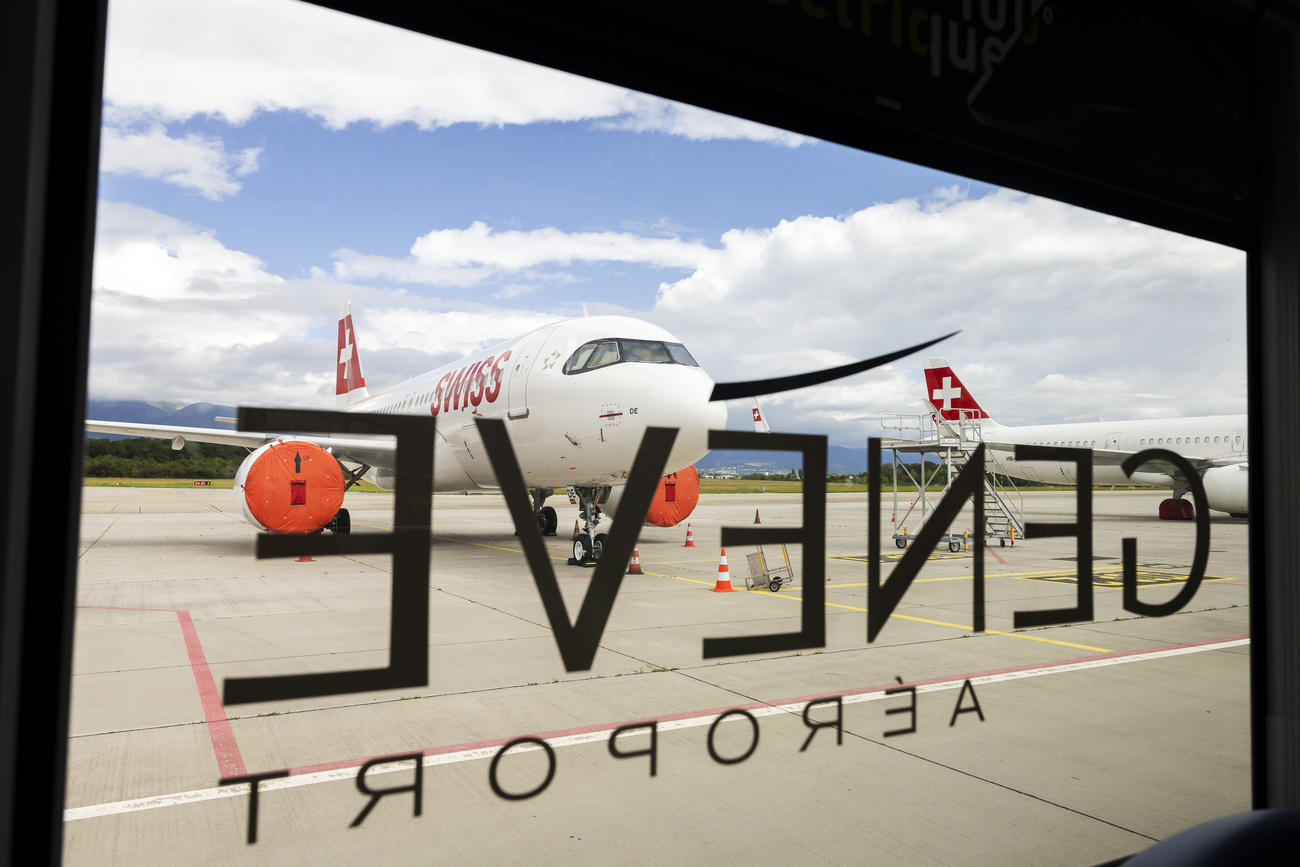
Swiss International Air Lines (SWISS) will drop five business and six leisure destinations from its Geneva short-haul network starting with the 2026 summer schedule. The airline cites resource constraints as the reason.
Goodbye Berlin, Copenhagen, Hamburg, Oslo and Munich. And farewell Alicante, Brindisi, Hurghada, Kalamata, Kos and Maó (Menorca). SWISS will no longer serve these destinations departing from Geneva starting with the 2026 summer schedule, which begins on March 29, 2026. The Munich route is the only one to be taken over by SWISS parent company Lufthansa.
A SWISS spokesperson told the AWP news agency that the 25% reduction in short-haul services from Geneva is due to “resource bottlenecks” and the need to optimise fleet deployment between Zurich and Geneva.
However, SWISS will expand its offering from Zurich next summer with two new destinations: Poznań (Poland) and Rijeka (Croatia). There will also be more frequent flights to popular holiday and business destinations, including Valencia, Manchester, Budapest and Venice.
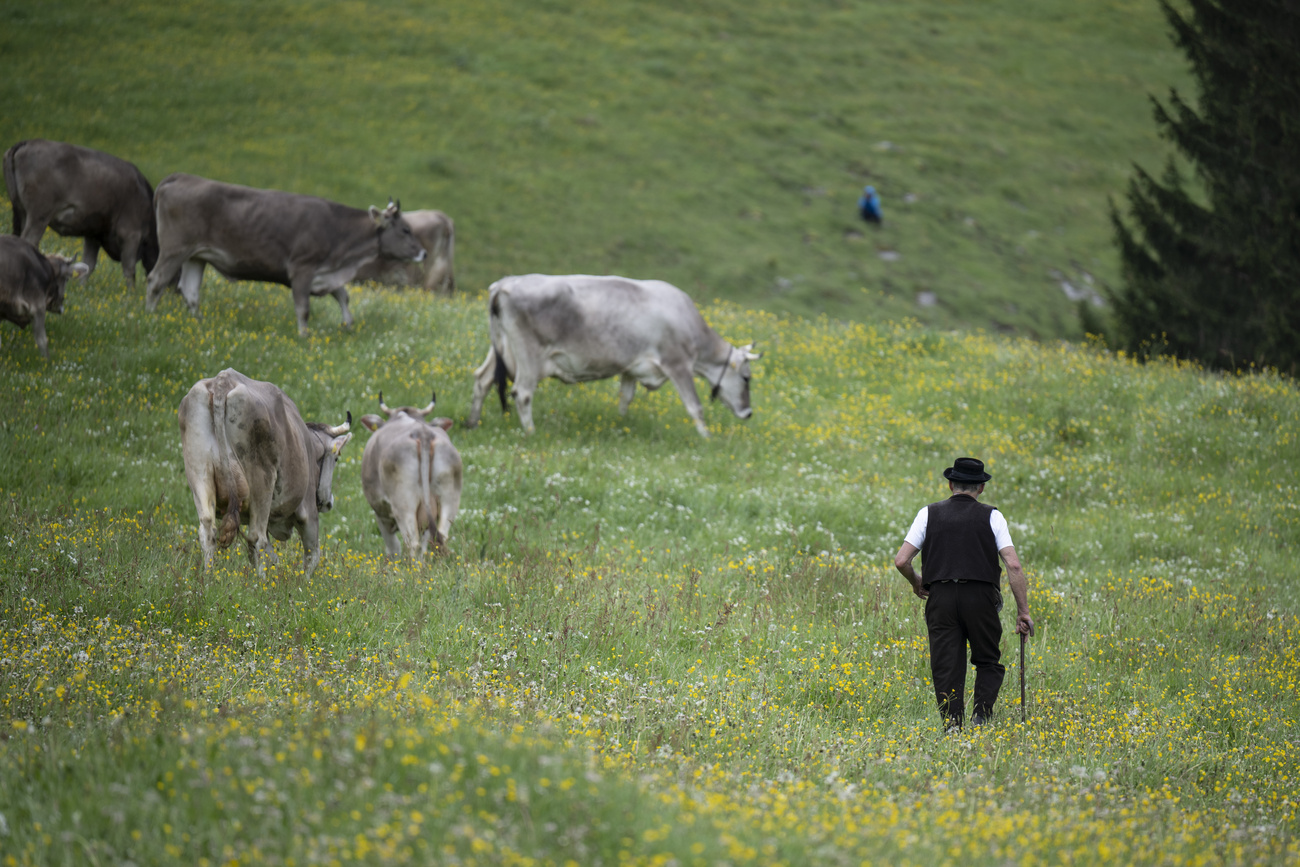
Elevated PFAS levels in milk have raised concerns in Appenzell Inner Rhodes. More than 200 farmers are now voluntarily having their milk tested for the so-called “forever chemicals”.
Authorities in cantons of Appenzell Inner Rhodes and Appenzell Outer Rhodes are conducting a joint large-scale investigation amid suspicions that sewage sludge used as fertiliser before 2006 contaminated the pastures. This use of sludge as fertiliser was permitted until 2006, as reported by the Tages-Anzeiger newspaper. The chemicals, officially known as per- and polyfluoroalkyl substances (PFAS), are highly persistent and can accumulate in the environment and the body.
PFAS, also known as “forever chemicals”, are not yet legally regulated in Appenzeller milk. But long-term exposure suggests an increase in the risk of cancer and the weakening of the immune system.
The test results, expected in 2026, could be decisive for the region’s cheese production – a key export industry. The canton has pledged to support affected farmers if necessary.
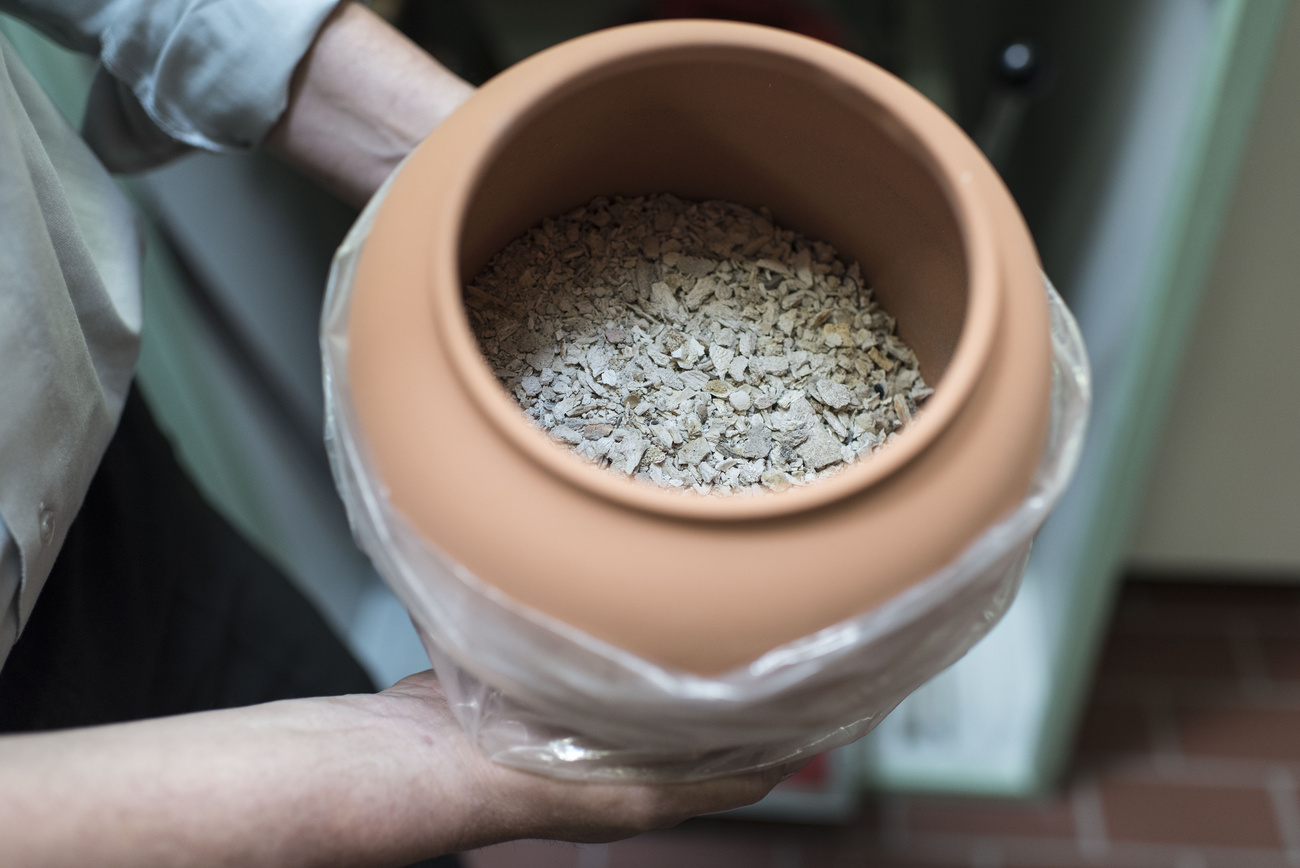
An unusual price war between crematoria in canton Ticino is attracting attention: customers from Italy benefit from cut-price offers, while local residents pay the highest cremation fees in Switzerland.
Ticino crematoria have been advertising discounts of up to 30% in northern Italy, offering package deals including transport and urns. A cremation costs about CHF450 ($561) for Italians, while Ticino residents pay around CHF800 – the highest rate in the country.
The discounts reflect low capacity use across Ticino’s five crematoria, which perform far fewer cremations than their Italian counterparts.
What operators are less vocal about is the recycling of metal residues – such as nails or implants – recovered after cremation. According to public broadcaster RSI, selling these metals can generate up to CHF70,000 per year in additional revenue.
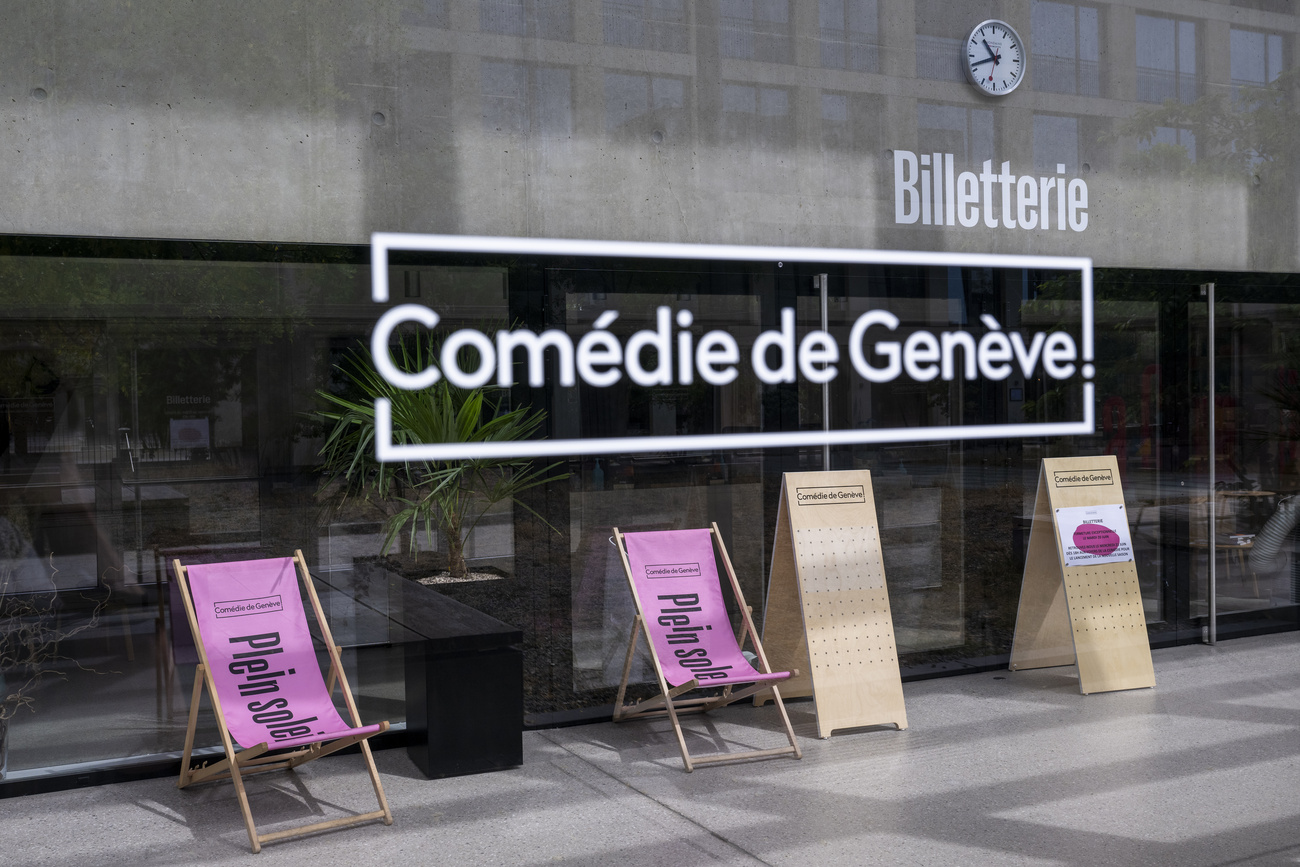
The Comédie de Genève theatre company is in turmoil amid accusations of toxic management by director Séverine Chavrier, prompting an official audit by the city.
Since taking office in July 2023, Chavrier has been criticised for her allegedly authoritarian and aggressive management style. Employees have reported a “toxic working environment” and 15 resignations have been reported in total since 2024 according to Blick.
The Franco-Swiss theatre director is also accused of prioritising her own productions and sidelining Geneva’s local theatre scene. The city has ordered an audit but continues to support the director, according to French-language public broadcaster, RTS.
Chavrier defends her approach, saying her international focus enriches the cultural scene and noting that nearly half of the theatre’s productions involve local or regional artists.

The week ahead
On Monday, the trial of two men accused of supporting a terrorist organisation, bribing foreign officials and money laundering begins at the Federal Criminal Court in Bellinzona.
On Wednesday, PostBus presents its “AmiGo” self-driving taxi project in Altstätten, canton St Gallen. The aim is to close gaps in public transport across eastern Switzerland by 2027.
Also on Wednesday, Aarau hosts its annual Rüeblimärt – one of Switzerland’s largest carrot markets.
And on Thursday, 200 young people from across Switzerland will gather at the Federal Palace in Bern for the annual Youth Session to debate issues and present political demands.
Translated from German using DeepL/amva

In compliance with the JTI standards
More: SWI swissinfo.ch certified by the Journalism Trust Initiative






























